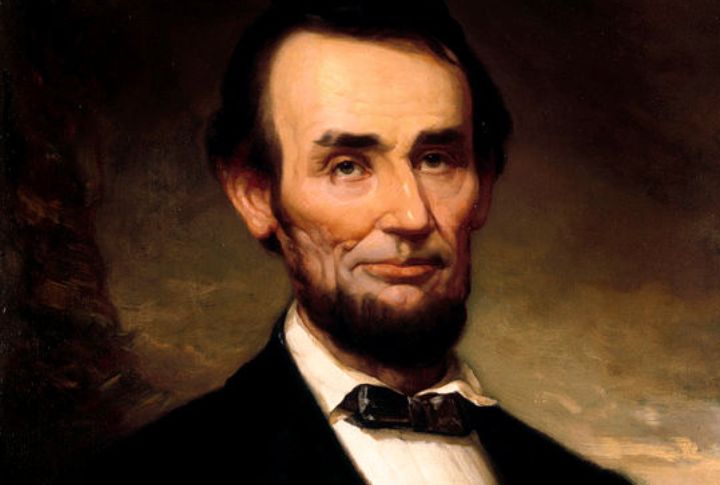
Presidents might run the country, but that doesn’t mean they’ll eat everything served on the plate. Behind the pomp and protocol, many refused classics you’d expect at a family dinner, while others nixed entire staples Americans love. So, let’s take a look at ten foods U.S. presidents disliked so much that they made sure those dishes never arrived on their plates.
Pastries And Puddings (Martin Van Buren)
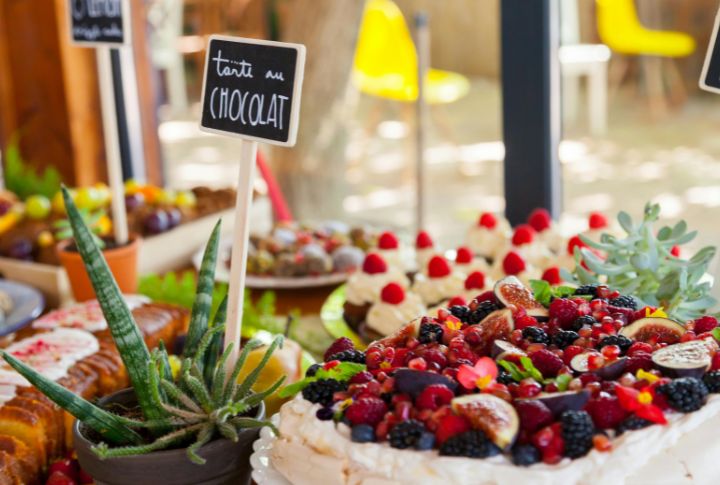
Martin Van Buren made it clear that pastries and puddings had no place on his table. A visitor even recorded him reaching for an apple instead of sweets, confirming his preference for plain fruit. Rooted in Dutch frugality, this choice reflected a refined simplicity rather than indulgence.
Broccoli (George H.W. Bush)
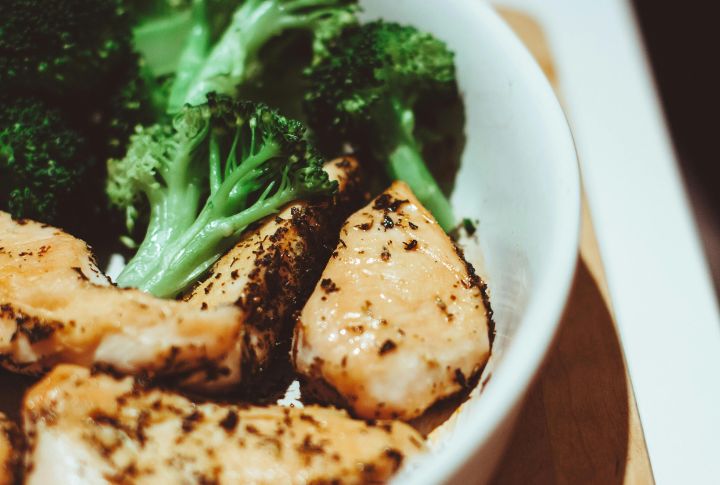
Childhood dinners left a mark on George H.W. Bush, and not in broccoli’s favor. Forced by his mother to eat it as a boy, he carried that dislike into adulthood, going so far as to declare, “I do not like broccoli,” and banishing it from Air Force One and the White House.
Eggs (William Howard Taft)
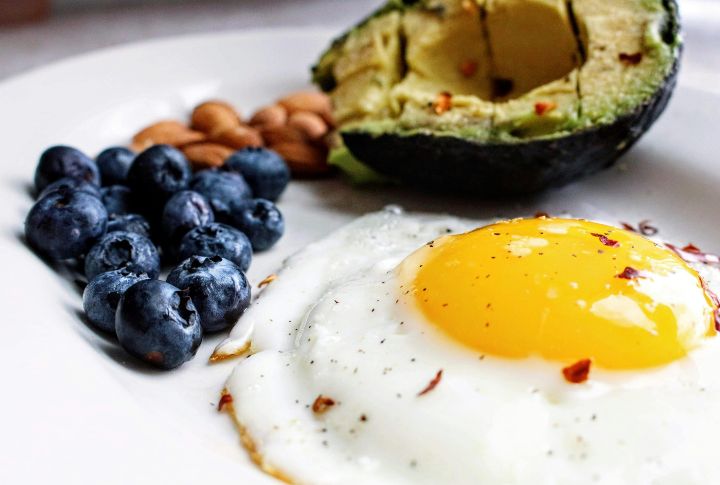
William Howard Taft drew a firm line at eggs, refusing to eat them at breakfast or in any other meal. His housekeeper even remarked that eggs were the only dish he could not tolerate. This distaste became a defining element of his dietary habits, especially striking given his otherwise hearty appetite.
Brussels Sprouts (Ronald Reagan)
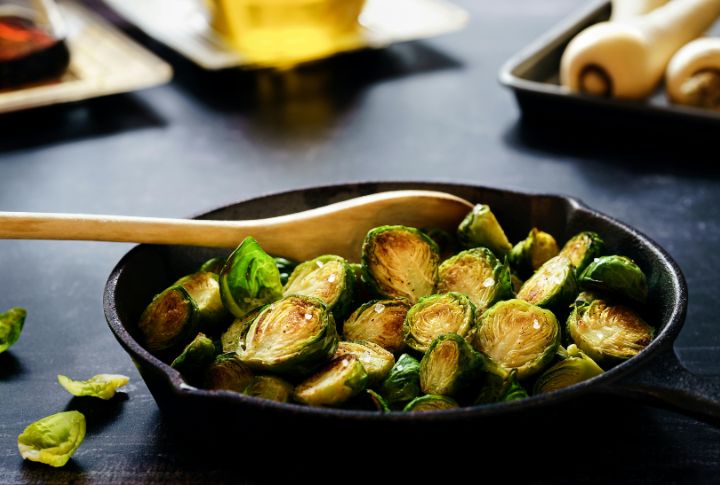
For Ronald Reagan, Brussels sprouts were the enemy of the dinner plate, and his aversion stretched from childhood into the Oval Office. He made it clear he would never force his children to eat them, a sentiment that struck a chord with many parents.
Shellfish (John F. Kennedy)
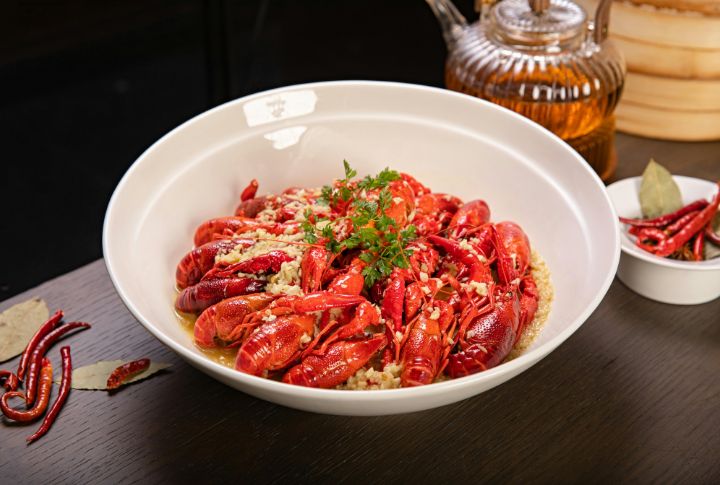
Shellfish were strictly forbidden in John F. Kennedy’s diet after he suffered a severe allergic reaction. Though he enjoyed other seafood, this particular danger forced complete avoidance. Hence, during his presidency, White House chefs were explicitly instructed to exclude shellfish from every meal to ensure his safety.
Onions (Dwight D. Eisenhower)
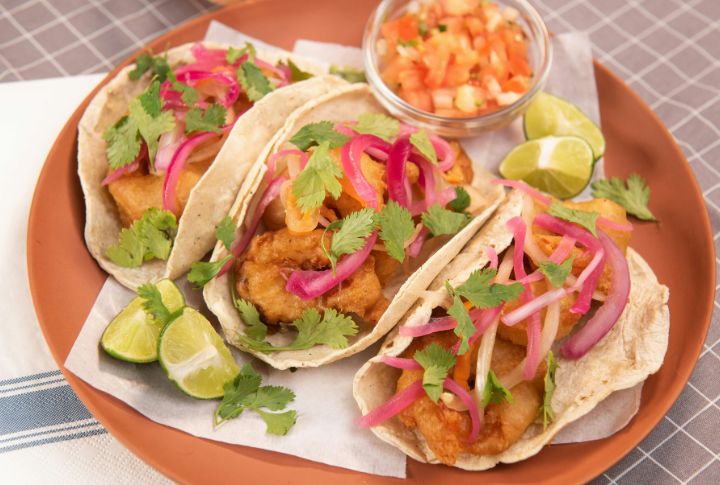
Onions may be a staple in most kitchens, but for Dwight D. Eisenhower, they were completely off-limits. Even with their central role in American cooking, they never touched his plate. Staff quickly adapted, reworking recipes to suit his taste.
Lamb (Franklin D. Roosevelt)
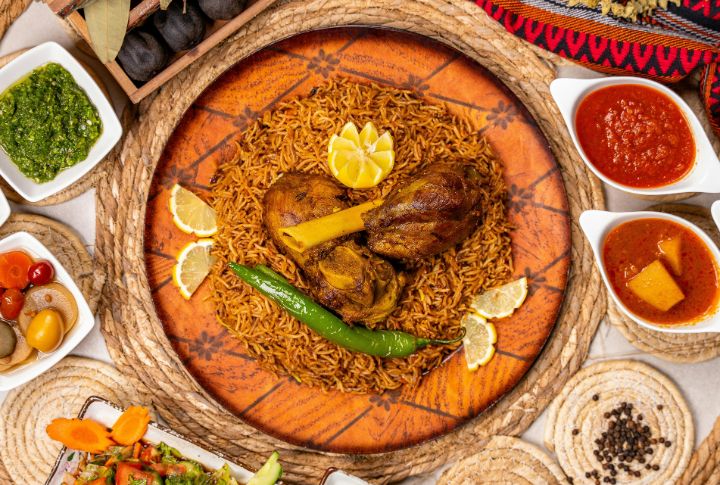
For Franklin D. Roosevelt, lamb carried memories he would rather forget. Childhood meals left him with the impression that the meat was tough and stringy, and that early dislike never faded. Instead, he leaned toward beef and poultry, which reliably offered the taste and texture he enjoyed.
Organ Meats (George Washington)
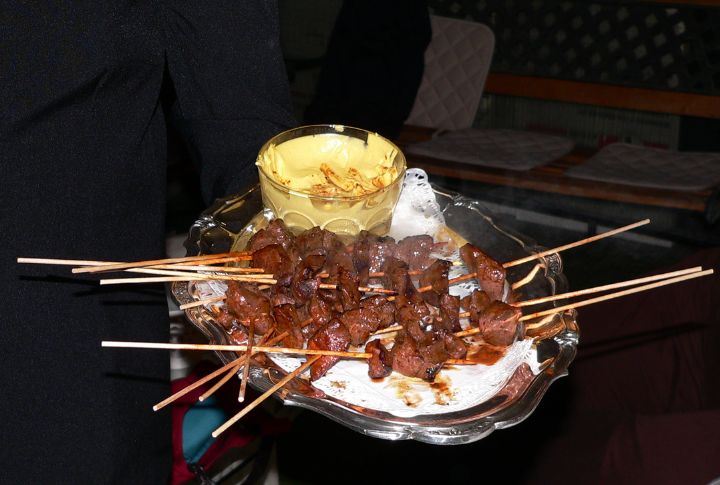
Though colonial kitchens often stretched resources by serving offal, Washington steered clear, favoring roasted cuts instead. His diaries and Mount Vernon records reveal a wide variety of meats on his menu, but innards consistently went missing.
Bananas (Abraham Lincoln)
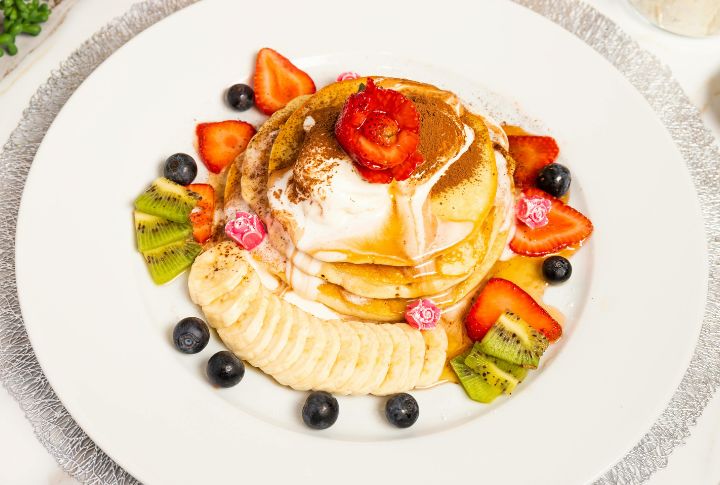
Abraham Lincoln’s famously simple palate left little room for exotic touches, and bananas were among the foods he firmly avoided. Though they were gaining popularity in America during his lifetime, Lincoln found them unappealing, a distaste he reportedly carried from childhood.
Green Peas (Harry Truman)
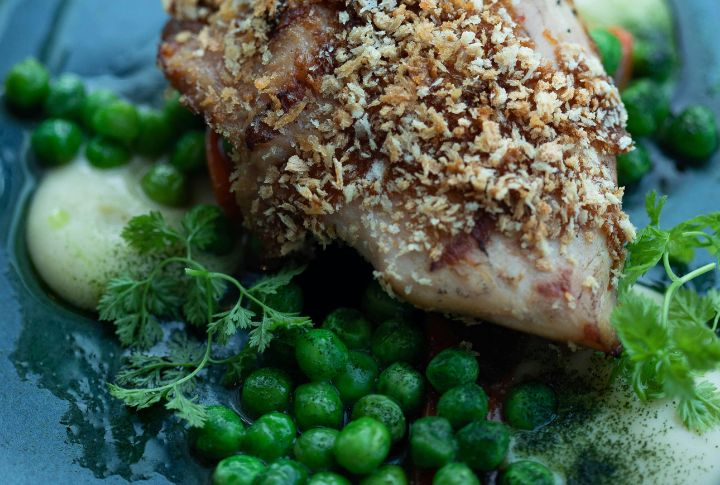
Harry Truman’s plate made room for many foods, but green peas were never welcome. While peas appeared frequently in mid-century American kitchens, Truman preferred heartier vegetables and straightforward fare that matched his plainspoken character.

